14 Gifts for Editors (to Treat Themselves)
A Handy Gift Guide for Hardworking and Hardly Working Freelancers
I love gift guides, I love running my own business, and I love getting myself little treats. So here are some ideas for how to “treat yourself” if you’re an editorial freelancer. Copyeditors, developmental editors, indexers, book designers, et cetera—you’re all welcome here!
The Free List
Here are some things you can do to improve your life that cost nothing at all.
Make an annual report for your business.
This idea comes from James Gallagher’s 2024 ACES: Society for Ending virtual conference presentation.
Importantly, James didn’t give a step-by-step how-to guide on creating an annual report, as everyone has different needs. But he discussed some sections you might want to add to the report:
You can use Excel, Google Sheets, or a bookkeeping website like Wave or QuickBooks to quickly generate charts tracking your monthly income. You might make yourself an overview of your clients from the past year, or use the data you’ve gathered from a time-tracking app to see how long it took you to edit different kinds of projects. In my annual report, I reflected on who gave me referrals, how many cold emails I sent out, and how many new publishers added me to their freelance editorial rosters. (Remember to reserve a few slides to celebrate your successes.)
Crucially, taking a few hours to critically reflect on your business will allow you to set clear-minded goals for the next year.
Assess how you feel.
In James Gallagher’s presentation, he mentioned reflecting on your “equipment and tools,” which included considering whether you need a more ergonomic office chair for your work space. I will go a bit further and suggest that you spend some time this month reflecting on how your body feels.
Close your eyes and focus on your scalp: Do you feel pain in the top of your head? Work your way down. How about your forehead, your eyes, your jaw? As you scan down your body, notice which areas need attention. You might do this several times at different points in the day to assess how your pain changes over time. For example, I often wake up with a headache because my pillows are low quality, and my eyes hurt by late afternoon because I don’t take enough screen breaks. While pain can be chronic and incurable, a lot of pain is solvable or can be lessened once we become conscious of it. As editors, we spend a lot of time in our own heads, so it can become easy to ignore our physical health.
Reach out to past clients.
Who have you enjoyed working with in the last year or two? It might be time to reach out to them to remind them of the services you offer, notify them of your availability, or just send them a holiday card or email. You might be surprised by the projects you book for 2025 when you reach out.
Take yourself on a “reading date.”
This idea comes from Val Mathews. In her EFA course on Developmental Editing for Fiction, she advises editors to take themselves to a bookstore or library, pull a bunch of books off the shelf, and sit down, get cozy, and read the books’ first pages. Journal the experience: Which books make you want to read more, and why? What are some critiques you have?
And if you’re an indexer: Look through indexed books! Stack a pile of cookbooks (for example) beside you and assess them. Which indexes seem most useful? Which ones would you change, and why? Write down your thoughts.
This is a fun exercise that can help to sharpen your editorial skills.
Assess your contract(s).
This is a great time to update your contracts and plan changes you’ll request to contracts offered to you by publishers and other companies.
Here’s an example of how I’ll be changing my contracts: I’m adding a line to many of my contracts that makes it clear I don’t work weekends. A 2-day turnaround time for a project sent on a Friday morning, for example, is due by end-of-day Monday.
You might consider using The Paper It’s Written On for help in revising your standard contract.
Reflect on your tech usage.
Which apps do you actually need on your phone? Many phones track how much time you spend on different apps; check where you’re spending most of your time, and whether that time feels well-spent to you. What phone and PC notifications are actually helpful, and how often do you need to have them on? Where are you successfully marketing yourself, and which websites have low ROI and/or encourage too much doomscrolling?
I’m personally planning to turn off phone notifications for my business email on weekends, and I’m considering adding my days off to my email signature so that no one expects Sunday responses from me anymore.
Take up a new hobby.
I like chess. But sitting still for long periods of time and thinking really hard doesn’t actually provide me with a respite from editing. Hobbies like pottery, painting, hiking, cooking, beer brewing, birdwatching, singing, swimming, and dancing, on the other hand? All great ways to take a genuine break from your job.
Hobbies don’t “merely” offer a break from work. They add to your life in unexpected ways: My friend used to massively overwork herself, and she became conscientious about carving time in her life for hobbies. She started cycling, and in the past few years, she’s traveled to France to see the Tour de France, she’s participated in a marathon in Wales, and she broke a cycling record in New York City!
More modestly, I tried fabric dyeing at an arts center last year and met lots of cool artists. I took up hula hooping and made memories hooping with my friends on the beach.
I find hobbies don’t easily fall into your life when you’re an adult; you need to plan and pursue them actively. The end of the year (or the start of a new year) is a great time to do that.
The Treat-Yourself List
And here are things you can spend your money on:
Books
I have never regretted buying a book for my editorial business. I use so many style guides, dictionaries, and references in my line of work that every title I invest in gets used eventually.
I made a list of books for copyeditors to read here. For myself, I’m planning to get Edward R. Tufte’s The Visual Display of Quantitative Information. The Chicago Manual of Style recommends that title for editors who deal with research papers and other texts containing charts and graphs.
For dev editors, I recommend Scott Norton’s Developmental Editing: A Handbook for Freelancers, Authors, and Publishers. Laura Portwood-Stacer’s upcoming book for editing scholarly manuscripts is also on my to-buy list:

I also recommend that dev editors read books on the writing craft. Graywolf Press’s The Art of… series is a great place to start. They’re all written by phenomenal authors and poets.
And finally, no matter what you edit, read the kinds of books you work on (or want to work on) to stay up-to-date with industry trends and standards.
Pillows (and Other Bedding)
I mentioned that bad pillows have been giving me headaches, so I recently invested in these micro memory pillows. They’re supportive but not too thick.
Metal Mugs
Do you drink hot beverages? Do they get cold while you work? A $15 mug can solve your problems.
Mine keep tea steaming for hours and are so much lighter than ceramic mugs that I don’t like holding heavy mugs anymore.
Massagers
Massagers really do make a difference—ask my masseuse, who uses them on herself every day! For editors, I particularly recommend finger massagers:
And these massage balls, which I use on my hands and feet:
The one above is from Yami.
And I love massage rollers with handles, which allow you to massage your back, shoulders, legs, et cetera, with minimal effort:
The one in the picture above is called “Fascia Muscle roller stick Hedgehog Massage Roller Yoga Stick Hand-held Body Massage Tool for Cellulite and Muscle Soreness,Physical Therapy &Recovery,Reduce Leg Cramps” on Amazon.
Electric Hand Massager
Someone gifted me a hand massager many years ago, and I didn’t turn it on for months because I thought it seemed bogus. I finally tried it one night when my hands felt particularly sore, and…voila! I fell in love.
The one I use is no longer for sale, so I can’t recommend a particular brand, but I suggest finding one that has a heating option. They don’t massage in the way a masseuse would; instead, they compress my hands so that my palms feel looser and more relaxed after a long day of typing.
Book Stand
Book stands are sold all over in East Asia but seem harder to find in the US. They hold your book while making it easy to turn the page, so they don’t slow you down while you’re reading. When you’re reading for hours, they save your hands from cramping.
The one above is the one I own, and it’s called “BestBookStand Actto BST-09 Green 180 angle adjustable and Portable Reading Stand/Book stand Document Holder.” It looks sold out in many places, but for reference, book stands should cost under $30.
Eye Drops
Do you have dry eyes from staring at screens every day? Soft Santear eyedrops from Japan are my favorite eye drops. This is because: 1. They have no preservatives, and I’ve had three eye doctors assure me that they’re safe to use long term. 2. They don’t sting my eyes or make them feel greasy. 3. Although I have to buy them in bulk and pay for international shipping, they’re still cheaper than the best over-the-counter eyes drops available in my local pharmacies.
You can get them from Dokodemo here. I personally buy them in bulk from the Kitaoka Pharmacy.
So that’s my list! I’d love to know if there’s anything special you’re doing for yourself or your business this winter, or if there’s something you think would make a great gift for an editorial freelancer.
Until next time,
Hannah Varacalli
Copy & Developmental Editor
www.hveditorial.com





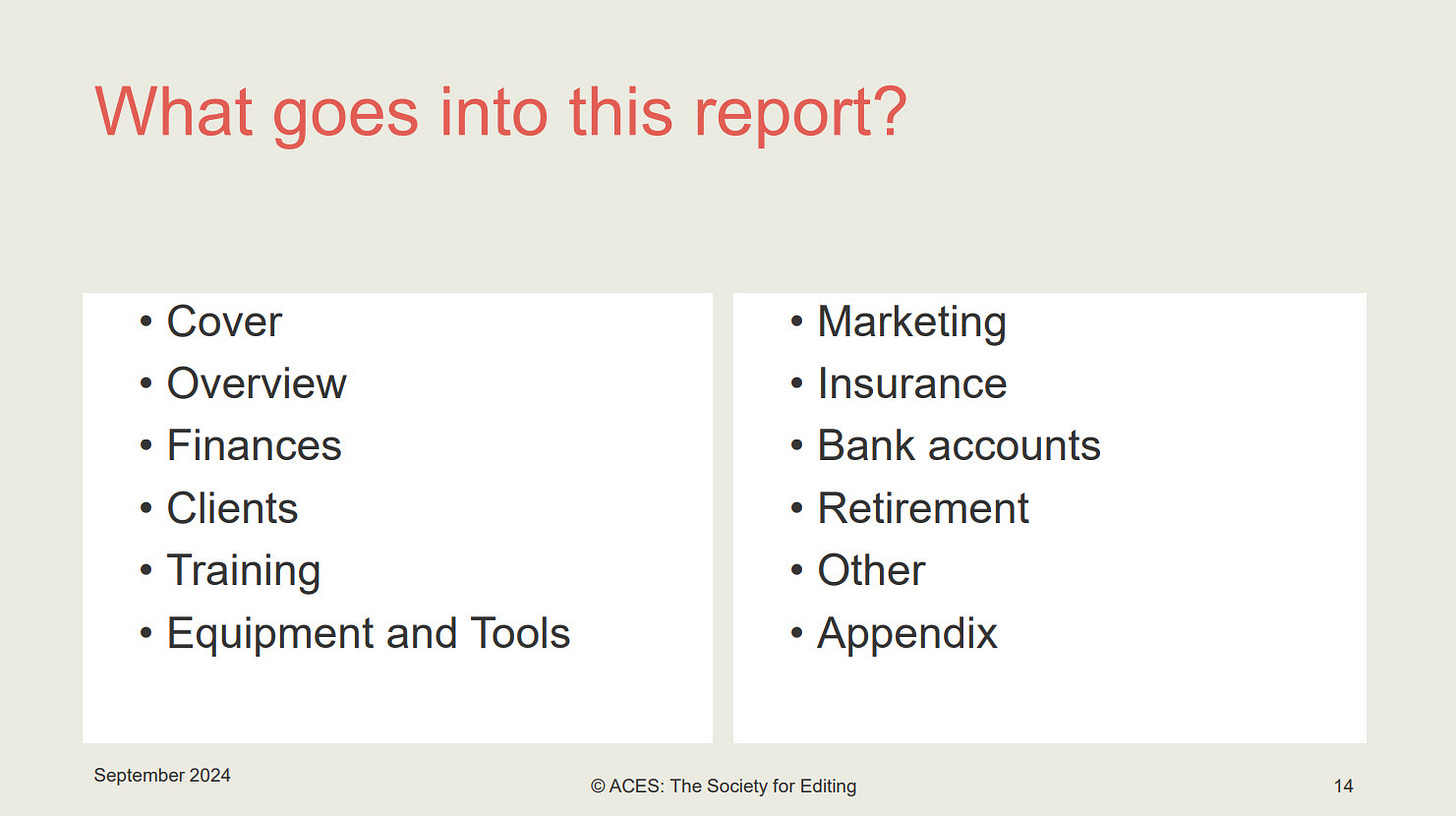

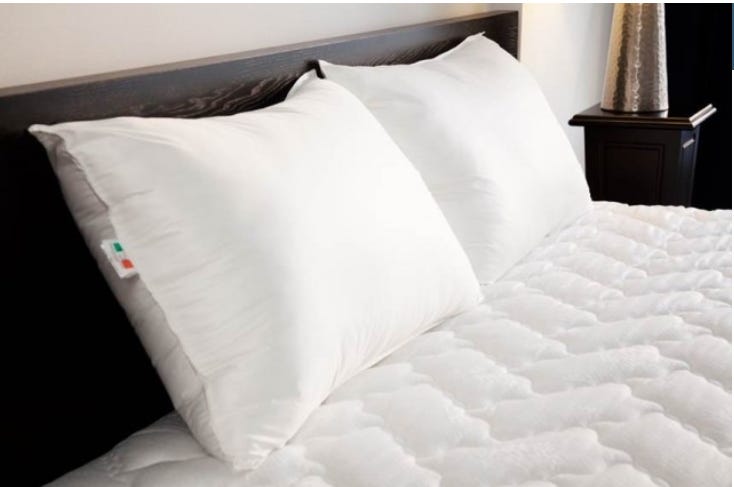



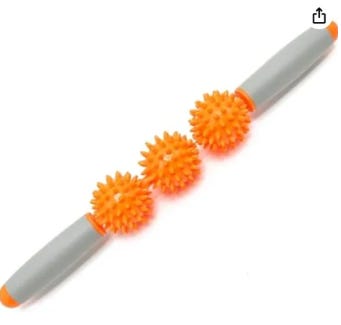
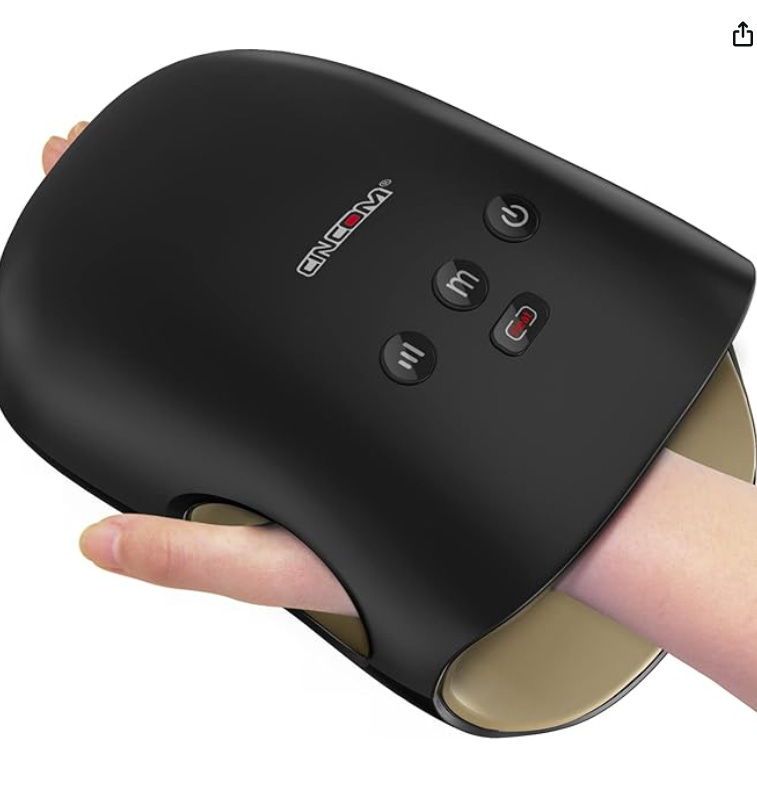
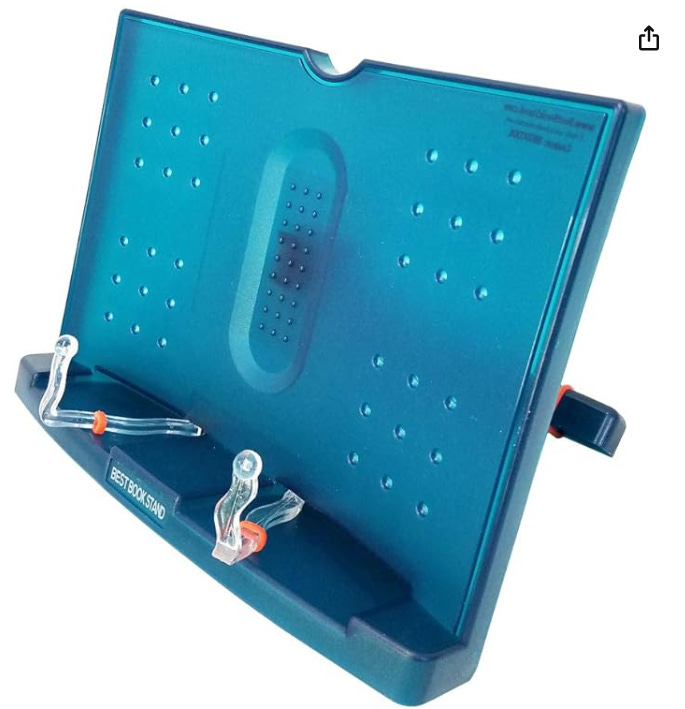
![[3rd-Class OTC Drug] Soft Santear (5ml x 4 Bottles) [3rd-Class OTC Drug] Soft Santear (5ml x 4 Bottles)](https://substackcdn.com/image/fetch/$s_!OxzI!,w_1456,c_limit,f_auto,q_auto:good,fl_progressive:steep/https%3A%2F%2Fsubstack-post-media.s3.amazonaws.com%2Fpublic%2Fimages%2F6c88cf1b-89ba-488e-8874-4352dd1466a9_450x450.png)
